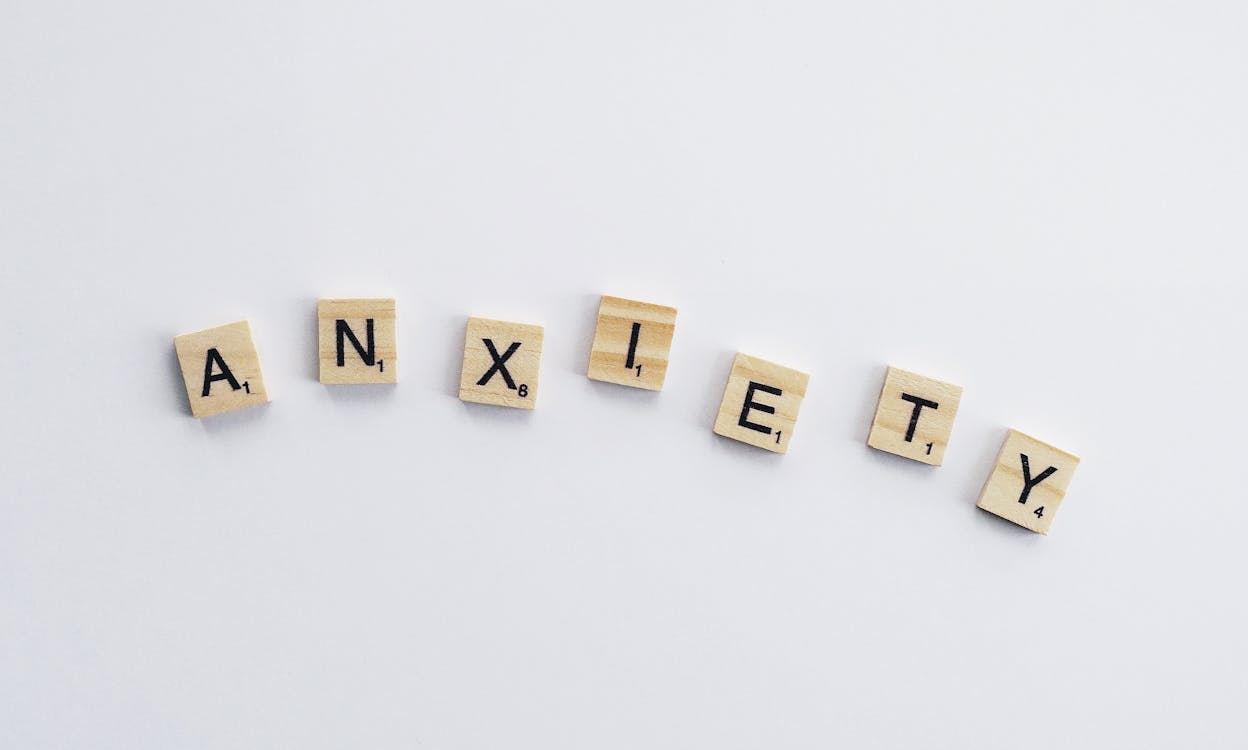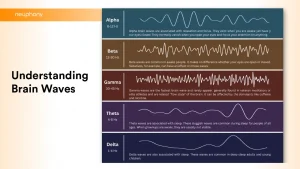Anxiety is associated with the feelings of worry, fear or overwhelming thoughts that can have significant impacts on our daily functioning. If not treated at the right time, anxiety can turn into anxiety disorders that may include Generalized Anxiety Disorder, Panic Attacks, Post-Traumatic Stress Disorder or Obsessive Compulsive Disorder. Some symptoms you may experience in anxiety are nervousness, feelings of danger, panic, restlessness, or being tense. The symptoms and impact may vary from person to person, and hence it’s important to not compare ourselves with others.
Are you wondering why having positive mental health is so important and do not have the answer for the same? What is the impact of anxiety, read below:
- Cardiovascular system:
Feelings of uneasiness or stress can cause fast pulse, palpitations, or chest pain at times. You may likewise be at an expanded danger of hypertension and coronary illness. If you already have heart illness, anxiety problems may raise the danger of coronary events. (stress and anxiety relief)
- Immune System:
Anxiety can trigger and deliver a surge of chemicals and hormones, similar to adrenaline, into your system. In the event that you consistently feel on edge and pushed or it keeps going quite a while, your body never gets the sign to getting back to normal functioning. This can weaken your immune system, leaving you more helpless against viral infections and chronic ailments.
- Respiratory System:
Feelings of uneasiness and stress can induce rapid and shallow breathing, disrupting the normal functioning of the respiratory system. This heightened state of arousal may exacerbate symptoms for individuals with pre-existing pulmonary conditions, increasing the risk of anxiety-related complications and potentially leading to hospitalization. Therefore, it’s crucial to prioritize stress management techniques to safeguard respiratory health and overall well-being.
- Excretory and Digestive systems:
Apprehensiveness additionally influences your excretory and digestive systems, creating a cascade of physiological responses. You may experience stomach aches, cramps, looseness of the bowels, nausea, and a myriad of other digestive issues. Changes in appetite, such as decreased or increased hunger, may also manifest as a result of heightened stress levels. These disruptions in gastrointestinal function underscore the intricate connection between the mind and body, highlighting the importance of managing stress for overall well-being..
Refer to our blog on how to address and mitigate the impact of anxiety: https://neuphony.com/home/mindfulness-meditation-how-to-approach-it-does-it-work-for-everyone/






